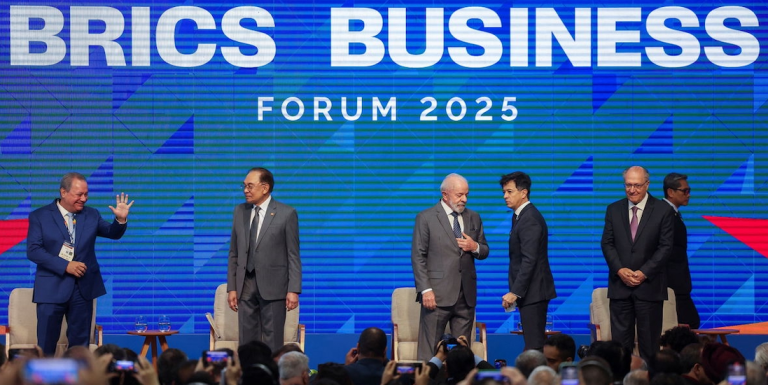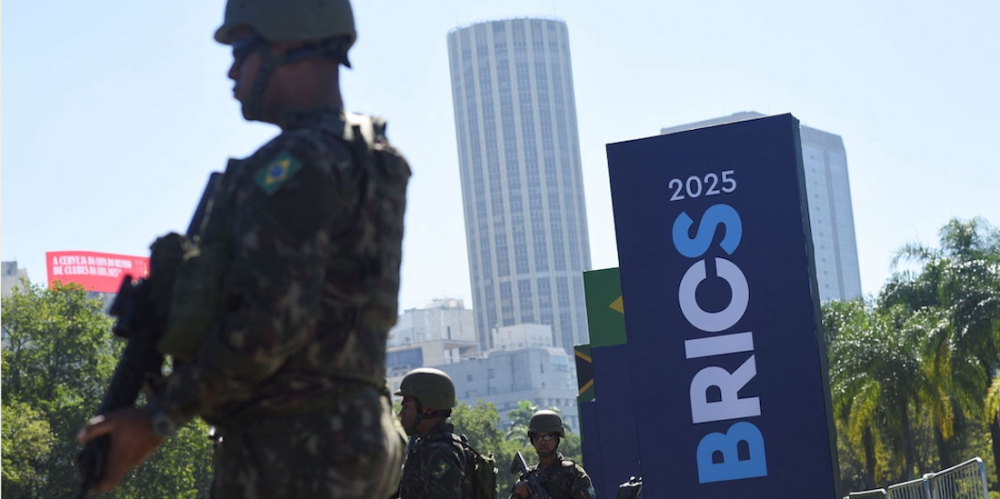
How Five Countries Are Reshaping Global Economics—And Why Most People Don’t Know Them
New York, N.Y.—Quick: Can you name the countries that make up BRICS? If you’re like 99.9% of the world, you probably can’t. Yet this alliance—Brazil, Russia, India, China, and South Africa—represents nearly a third of global GDP and over 40% of the world’s population. As Western dominance wanes, BRICS is positioning itself as a formidable counterbalance. But why does this bloc remain so obscure despite its staggering influence?
The Origins of BRICS: More Than an Acronym
The term BRIC was coined in 2001 by Goldman Sachs economist Jim O’Neill to highlight the emerging economic power of Brazil, Russia, India, and China. South Africa joined in 2010, adding the “S” and transforming the group into a formal geopolitical entity. Unlike traditional alliances, BRICS operates without a rigid charter, focusing instead on economic cooperation, development financing, and political influence.
Economic Might vs. Public Awareness
Despite their collective clout, BRICS nations suffer from a branding problem. A 2023 Pew Research survey found that fewer than 1% of Americans could name all five members. Experts attribute this to Western media’s focus on U.S.-E.U. relations and the lack of a unified BRICS narrative. “People know China and Russia for their politics, but the economic alliance flies under the radar,” says Dr. Priya Nair, a geopolitical analyst at Columbia University.
The New Development Bank: A Challenge to the West
One of BRICS’ most significant moves was launching the New Development Bank (NDB) in 2014. Designed as an alternative to the International Monetary Fund (IMF) and World Bank, the NDB has financed over $30 billion in infrastructure projects across emerging economies.
Critics argue it lacks transparency, but supporters see it as a necessary counterweight to Western-dominated financial institutions.
Expansion and Future Prospects
In 2024, BRICS invited Egypt, Ethiopia, Iran, Saudi Arabia, and the U.A.E. to join, signaling ambitions to grow beyond its original five. This expansion could further shift global economic power away from the G7. However, internal tensions—such as China-India border disputes and Russia’s geopolitical isolation—threaten cohesion.

Why Should You Care?
Whether through trade, currency alternatives, or technological innovation, BRICS is reshaping the world order. Ignoring it means misunderstanding where the global economy is headed.
Summary for Audio
The BRICS alliance—Brazil, Russia, India, China, and South Africa—controls nearly a third of global GDP yet remains unknown to most. As it expands and challenges Western economic dominance, understanding BRICS is crucial for grasping the future of global power dynamics.